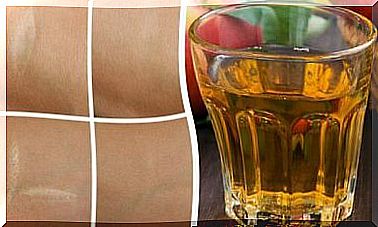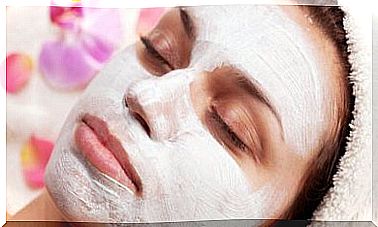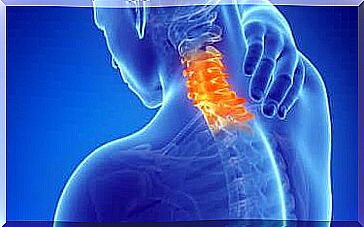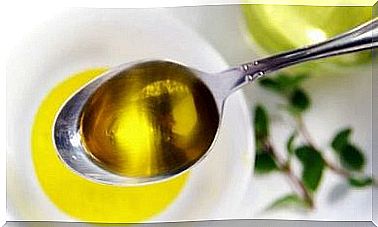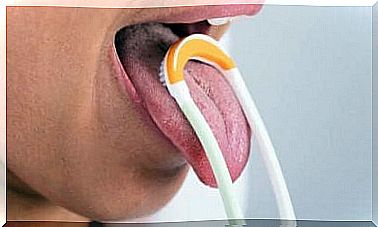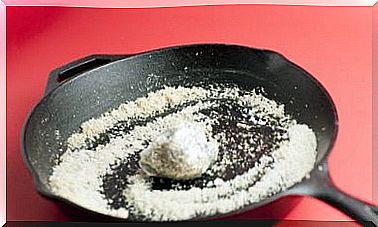7 Keys To Orthodontic Dental Hygiene
Orthodontic dental hygiene requires more time and maintenance than normal cleaning. Although such habits involve extra effort, it is well worth it. This in fact makes it possible to avoid the appearance of problems which can ruin the entire treatment.
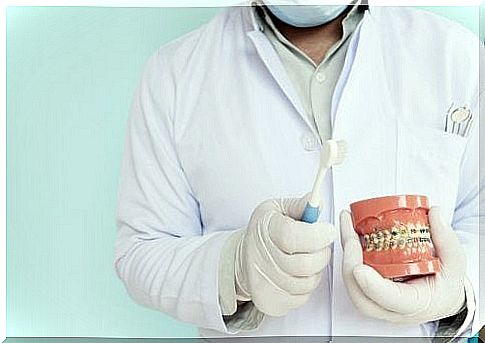
It is not easy to do good dental hygiene with an orthodontic appliance. At the same time, keeping a clean mouth is fundamental, both for the success of the treatment and for the prevention of problems such as cavities, gingivitis and others.
A person with braces or other types of devices, especially if they are fixed, will need to put a lot of effort into their oral hygiene. She will have to devote more time to it and use all the tools at her disposal to carry out a real dental hygiene routine.
The keys to good orthodontic dental hygiene are nothing new. These are simple actions which, although taking more time than usual, also ensure that additional problems do not arise in the future. Below we share in detail 7 keys to help you if you find yourself in this situation.
1. Brushing habits for good dental hygiene
The most important measure for good orthodontic dental hygiene is brushing. The latter should be done at least three times a day. However, it is best to brush your teeth after eating something or drinking a sugary drink.
Evening brushing is most important and you should spend more time on it. It is best to gently brush each tooth separately, on both sides and in the interdental spaces. Brushing is the main measure in the fight against bacterial plaque.
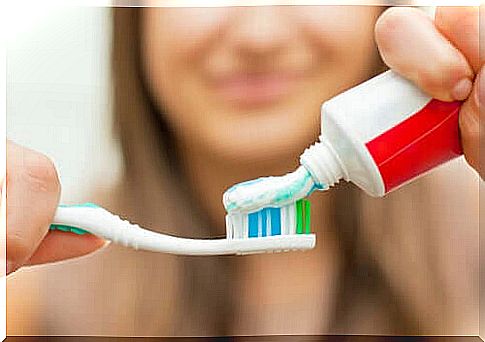
2. The toothbrush
There are special toothbrushes for orthodontic dental hygiene. These have a “V” shape, which makes it easier to clean around the supports. However, many experts believe that an electric toothbrush is ideal.
The best are the rechargeable electric brushes with oscillating technology. You should choose a specific head for orthodontics. It is still if the brush is equipped with a pressure sensor. This will prevent us from using too much energy and damaging the rings.
3. Toothpaste, a factor in orthodontic dental hygiene
It is usually best to use a fluoride toothpaste. This helps to increase the resistance of the teeth to cavities, and is gentler on the enamel. Abrasive toothpastes are not recommended because they often damage tooth enamel and sometimes affect braces.
If you have other problems, such as halitosis or gingivitis, your dentist is best to recommend which toothpaste to use. However, remember that toothpaste is just a supplement. Brushing is very important.
4. The use of dental floss
Whether you want it, you have to floss. When wearing braces, no matter how carefully you brush your teeth, there are areas that are inaccessible. The dental floss makes it possible to better cover the interdental spaces in order to obtain a correct dental hygiene with orthodontics.
Braces make you more exposed to small traces of food on your teeth, without you realizing it. It is advisable to use waxed dental floss. You should move it gently from top to bottom. Then start treating the interdental spaces.
5. The importance of the plaque developer
The bacterial plaque revealer is very useful in identifying areas with the least residue. You cannot rely on brushing alone, especially if you are using fixed orthodontics. Often some areas are neglected or difficult to access.
It is best to use it after brushing. Not only does it tell you where you should brush your teeth, it also gives you directions on where you aren’t getting good orthodontic dental hygiene.
6. Mouthwash
Mouthwash is essential for those with braces. It is used after brushing. Its main function is to eliminate bacteria and other harmful microorganisms.
There are mouthwashes specially indicated for those who use orthodontics. They have components that do not damage the composition of the devices. Either way, a good fluoride mouthwash is sufficient to protect tooth enamel.
7. Using an irrigator
The dental irrigator is an ideal supplement to maintain good orthodontic dental hygiene. Keep in mind that in some cases, especially when you have rings, there are a large number of areas where small remains accumulate and go unnoticed.
The irrigator provides a pulsating jet of water that reaches all corners of the oral cavity. They are totally suitable for those who need special care in their dental hygiene. There are several types of irrigators on the market, from the simplest to the most sophisticated.
Dental hygiene: conclusion
It is necessary to strengthen oral hygiene habits when we are undergoing orthodontic treatment. It is therefore recommended to improve brushing, choose appropriate toothbrushes, and use other supplements like dental floss and mouthwashes. Also, it is essential to maintain regular check-ups with the orthodontist.

